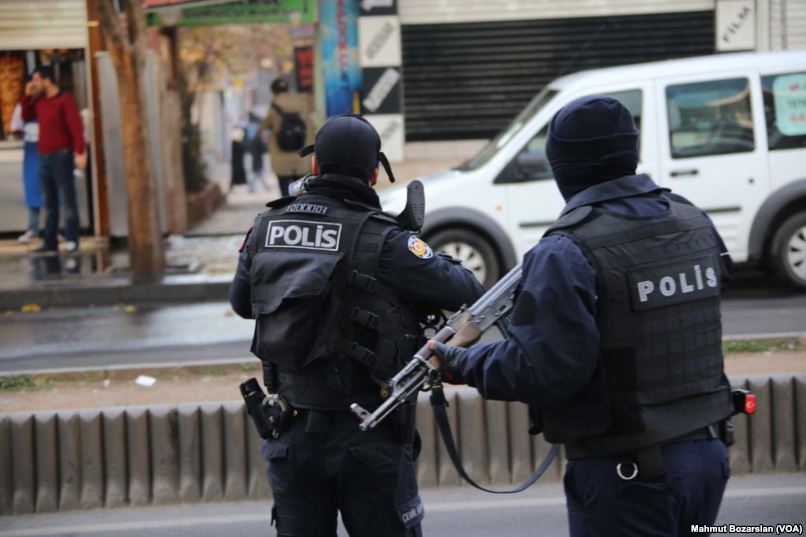The current COVID-19 pandemic has highlighted clear discriminatory limitations on access to healthcare for migrants and refugees. The situation is very critical especially for migrants, asylum seekers and internally displaced people (IDPs) living in overcrowded refugee camps or in immigration detention centres where adequate social distancing and hygiene measures are not implemented. In Greece and Lebanon, for example, refugee camps are not prepared for the COVID-19 given that access to healthcare for refugees is extremely limited. In Italy, tens of thousands of asylum seekers live in big reception centres, often in shared rooms.
A positive move came from the Portuguese government on 27 March: it decided to grant citizenship rights, including access to health, until 30 June to most migrants and asylum seekers on its territory, namely those who have pending residency applications. Italy, France and Luxembourg have decided to renew all residency permits due to expire, giving asylum seekers access to national healthcare. Morocco is ensuring access to healthcare to migrant workers. The measures taken so far by the countries in the region are clearly not enough to ensure access to basic services such as healthcare and welfare to everyone. Neither can it guarantee the respect of their socio-economic and human rights.
Other countries seem to have forgotten about the presence of migrants, asylum seekers and refugees in their territories, who often suffer from a double vulnerability. In this context, numerous voices and appeals have been raised across the Euro-Mediterranean region to call for the urgent and immediate adoption of measures ensuring all migrants, asylum seekers and undocumented people are granted access to healthcare, welfare, housing, residence permits and citizenship rights. For example, we note the #regularizaciónya campaign in Spain, various appeals in Italy – from trade unions, civil society organisations, but also ministers, in the UK, Switzerland, Cyprus and Tunisia, to name but a few. All aim at raising awareness and mobilising as much as possible, calling on governments to take their responsibilities and provide everyone – without exception – with adequate access to healthcare, a human right recognised in international human rights law.

